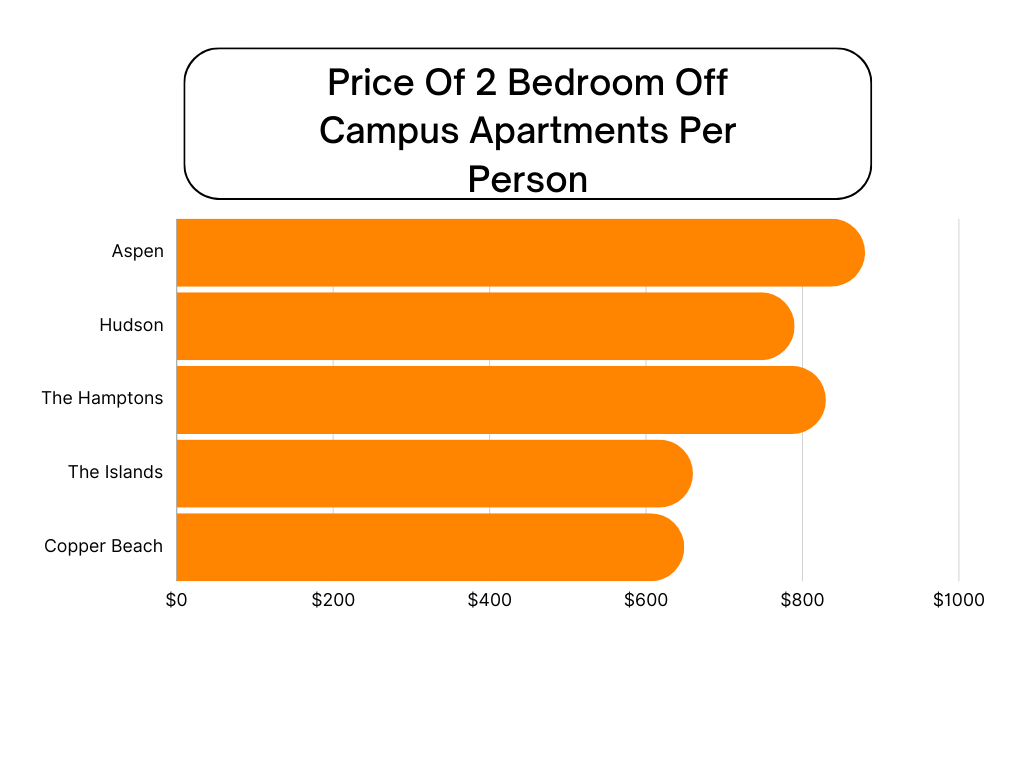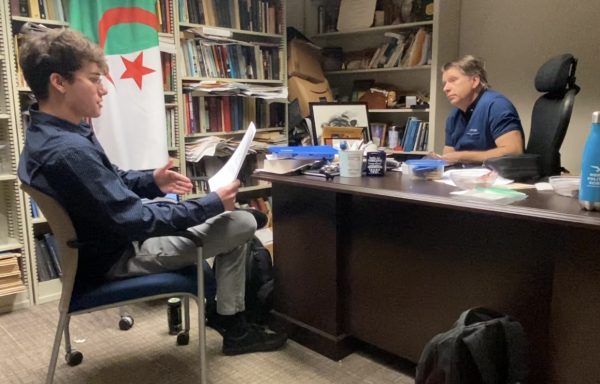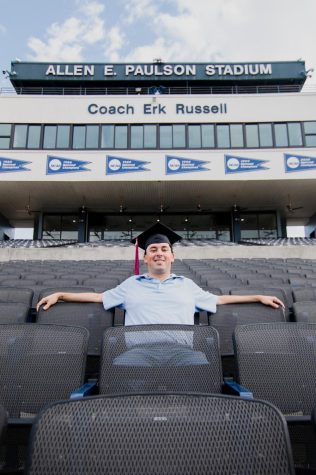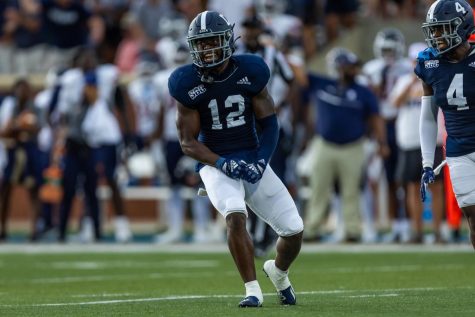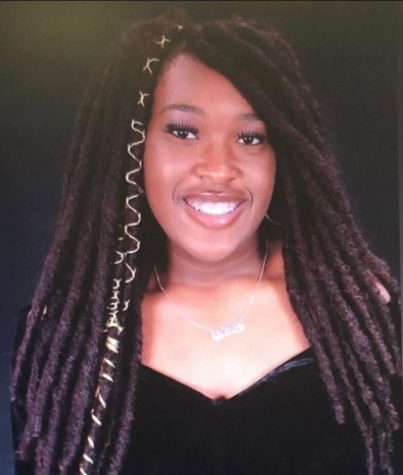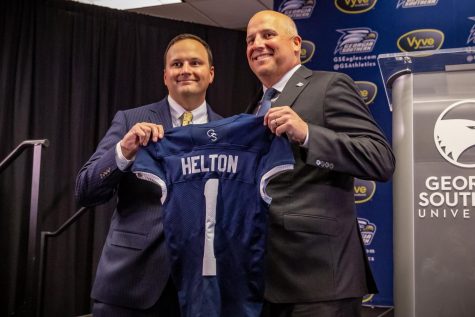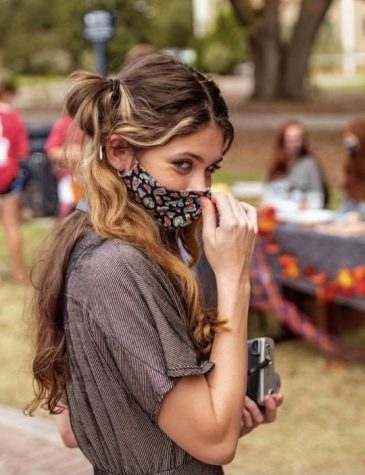A day of remembrance brings controversy
September 12, 2013
Yesterday was a day of remembrance for America, as it marked the anniversary of the terrorist attacks on the World Trade Centers and the Pentagon. Many groups decided to honor the memory of those lost in the attack, from the flags placed by the Young Americans for Freedom Chapter at GSU, to the black ribbon that Google solemnly displayed on its homepage. However, in the nation’s capital, controversy surrounded the day.
A group of bikers wanted to hold an event called “2 Million Bikers to D.C.,” but was denied a no-stop permit that would allow them to ignore traffic signals and stop signs to speed up the drive through DC. A group of bikers being denied a no-stop permit is no big deal, unless another group was granted the same no-stop permit. Well that is exactly what happened, as the Million Americans Against Fear rally, previously called the Million Muslim March, was granted a no-stop permit for its event.
Naturally, people were outraged and asked questions like: How can Washington grant one group a permit and not another? Why would an organization made up of Muslims, the enemy in some peoples’ minds, be given precedence over honest American Bikers? Has Congress reached a new low?
Well there are a few things to consider in this case. The first issue is the jurisdiction of Washington, D.C. A no-stop permit is a local permit, meaning it is granted by the local governing body, not Capital Hill. The second thing to consider is the timing. If the Million Americans Against Fear rally applied for the permit first, it should have precedent over the biker group. As well, the rally will most likely be quieter than two million motorcycles rumbling through D.C. And D.C. will most likely have many visitors to pay tribute to the attack on the Pentagon and to hold other non-permit rallies during the day. It would be irresponsible for the local government to grant two no-stop permits in the same day, especially with the normal logjam of traffic in the area.
As odd as it seems to many Americans, there was most likely no ulterior motive behind the decision to grant one group the permit over another than simple logistics.

